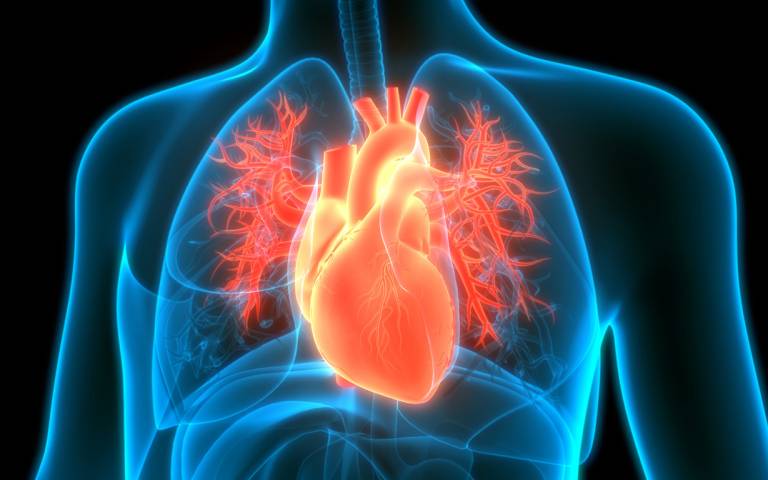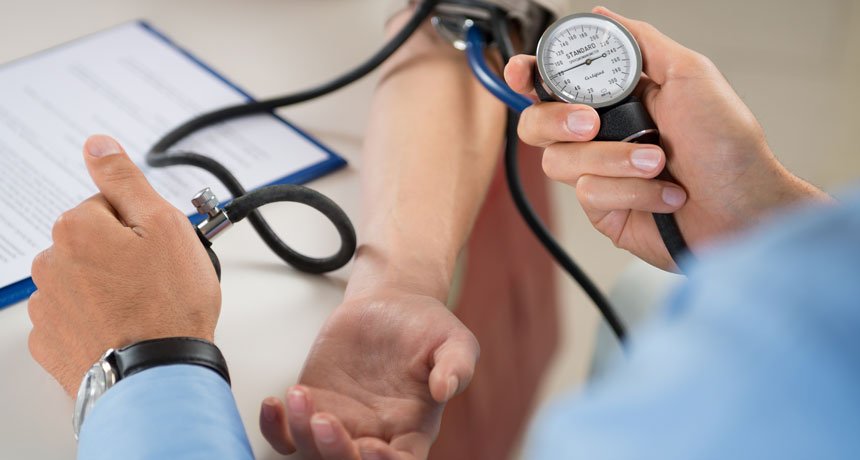Early Warning Signs of Poor Cardiovascular Health

Introduction
Cardiovascular health is a critical aspect of overall well-being. Your heart and blood vessels work tirelessly to supply oxygen and nutrients to every cell in your body, making it essential to maintain a healthy cardiovascular system. Identifying early warning signs of poor cardiovascular health is crucial for preventing serious heart-related conditions. In this article, we will explore these warning signs, discuss their significance, and offer guidance on how to take proactive steps to improve your cardiovascular health.
High blood pressure (hypertension)
High blood pressure, or hypertension, is often called the “silent killer” because it often presents no noticeable symptoms. It’s a condition where the force of blood against the walls of your arteries is consistently too high. This can damage blood vessels, strain the heart, and increase the risk of heart disease, stroke, and “Cardiovascular Health” problems. Regular blood pressure checks and maintaining a healthy lifestyle are essential for managing this condition.
Elevated cholesterol levels
High levels of LDL cholesterol (often referred to as “bad” cholesterol) and low levels of HDL cholesterol (“good” cholesterol) can contribute to the development of atherosclerosis, a condition in which fatty deposits accumulate in your arteries. Over time, this can lead to narrowed arteries and an increased risk of heart disease and stroke. Regular cholesterol checks, a balanced diet, and exercise can help maintain healthy cholesterol levels.
Chest Pain or Discomfort (Angina)
Chest pain or discomfort, known as angina, is a common early warning sign of cardiovascular issues. It occurs when the heart doesn’t receive enough blood and oxygen due to narrowed or blocked arteries. Angina may manifest as a tightness, pressure, burning, or squeezing sensation in the chest. If you experience chest pain, it is essential to seek medical attention promptly, as it could indicate an impending heart attack.
Shortness of breath
Feeling breathless during physical activity or even at rest can be a sign of poor cardiovascular health. Heart and lung function are closely interconnected, and when the heart is not pumping effectively, it can lead to inadequate oxygen supply to the body, resulting in breathlessness. Conditions like heart failure and pulmonary edema can cause this symptom, and a healthcare professional should be consulted for a proper evaluation.
Fatigue
Constant fatigue or extreme tiredness that doesn’t improve with rest can be an early warning sign of cardiovascular issues. When the heart struggles to pump blood effectively, your body receives less oxygen and nutrients, leading to fatigue. If you notice persistent fatigue, consult a healthcare provider to rule out any underlying heart conditions.
Irregular Heartbeat (Arrhythmia)
An irregular heartbeat, or arrhythmia, can be a sign of poor cardiovascular health. Arrhythmias can manifest as a racing heart (tachycardia), a slow heart rate (bradycardia), or irregular beats. While some arrhythmias are harmless, others can increase the risk of stroke and heart failure. If you experience palpitations or irregular heart rhythms, consult a cardiologist for a thorough evaluation.
Swelling in the Extremities
Swelling in the legs, ankles, and feet can be a sign of poor cardiovascular health. It often occurs when the heart struggles to pump blood efficiently, causing fluid to accumulate in the lower extremities. This condition, known as edema, can be a sign of heart failure or other cardiovascular issues.
Dizziness or fainting
Sudden dizziness or fainting spells can result from inadequate blood flow to the brain. Conditions such as bradycardia, vasovagal syncope, or even arrhythmias can cause these symptoms. Fainting can be particularly dangerous, as it can lead to injury, so it should be investigated by a medical professional.
Excessive Sweating
Excessive sweating, especially when not related to physical activity or heat, can be an early warning sign of a heart attack. Cold sweats, particularly those accompanied by chest pain, shortness of breath, or nausea, require immediate medical attention.
Conclusion
Monitoring your cardiovascular health is of paramount importance. Recognizing the early warning signs of poor cardiovascular health allows you to take timely action to reduce your risk of heart disease, stroke, and other heart-related conditions. Regular check-ups with your healthcare provider, maintaining a heart-healthy diet, staying physically active, managing stress, and avoiding tobacco are vital steps in promoting a healthy cardiovascular system. Your heart is your lifeline, and taking care of it will ensure a longer, healthier life.





